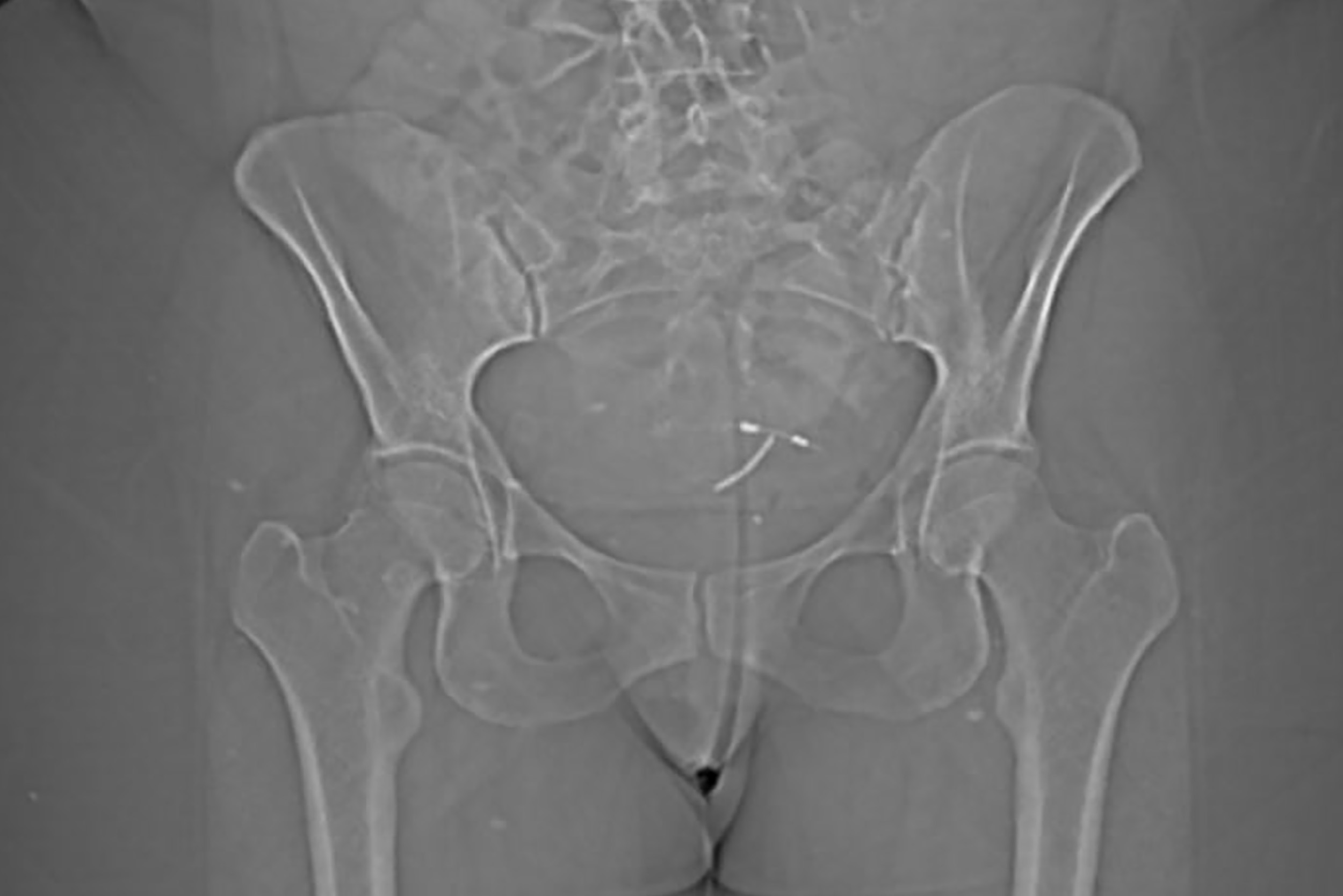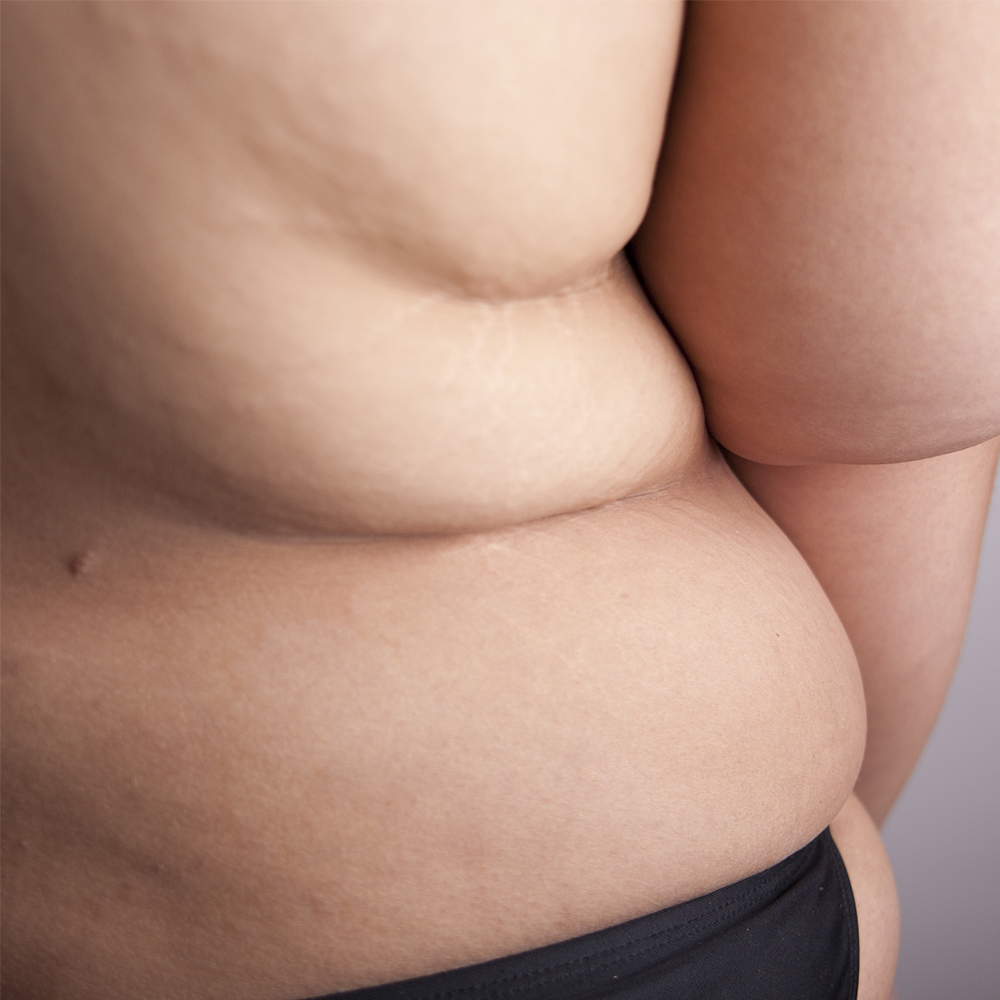What forms of Postoperative Contraception are available after weight loss surgery?
Various forms of contraception are available after weight loss surgery, and choice of method should take into account a range of personal factors including long and short term requirements, future plans for pregnancy, sexual health risks, age, overall health, use of other medications, efficacy and convenience. The information outlined below is simply a summary of some of the surgical literature and suggestions.
Intrauterine Device (IUD)

Please speak with your gynecologist regarding your concerns and which method would be the best for you and your body.
Risk-Taking Behavior and the responsibilities of an improved body image
It is clear that whilst most women are aware of the recommendations regarding pregnancy and contraception following bariatric surgery, many do not heed them. Research indicates that obese women under 30 years of age are less likely to seek contraceptive advice from healthcare services than their non-obese peers, so some women may simply be unfamiliar with the options available to them.
A significant number of obese women experience female sexual dysfunction (FSD), and are therefore less sexually active than their non-obese peers. For others, the lack of a regular menstrual cycle prior to surgery may have been the norm, such that they did not feel the need to use contraception.
Bariatric surgery often leads to improvement of fertility issues and research indicates that improvements in frequency and enjoyment of sexual intercourse, orgasmic function and body image are common following bariatric surgery, with many women experiencing complete resolution of FSD within six months postoperatively. It is important to remember that ovulation, and therefore conception, can take place before menses is restored, so delaying use of contraception until a period has occurred is a high risk strategy.
Barrier Methods
Barrier methods include male and female condoms, cervical caps and diaphragms. If used correctly they are an effective method of contraception, with condoms conferring additional protection against sexually transmitted diseases. The reliability of barrier methods is not affected by obesity or bariatric surgery, but weigh loss or gain can alter the fit of a cap or diaphragm, so it is important to have this checked regularly by a trained professional or choose an alternative method during the period of rapid weight loss following a bariatric procedure.
Progesterone-Only Implant (Implanon/Nexplanon)
The progesterone-only contraceptive implant comprises a small plastic rod containing the synthetic hormone etonogestrel. It is inserted under the skin of the upper arm under local anasthetic, and can remain in place for up to three years, during which time a gradual release of etonestgrel into the blood stream will prevent ovulation and therefore pregnancy from occurring. It can be removed at any time, with fertility usually returning within six weeks of removal.
Whilst considered safe, convenient and reliable for most women, several studies have suggested a possible link between the implant and increased insulin resistance in those with existing risk factors for the condition, such as metabolic syndrome and polycystic ovarian syndrome, which tend to be more common in obese women. Additionally, there is an inverse relationship between body weight and concentrations of etonogestrel within the blood stream, which decrease over time from implantation in all women. It is therefore possible that the product may lose its efficacy in less than three years in obese women. Data on both issues is limited, and no specific data on use of the implant following bariatric surgery currently exists.
Progesterone-Only Injection (Depo-Provera)
The progesterone-only injection is a long-acting temporary form of contraception administered as an injection every three months. There is currently no evidence that the progesterone-only injection causes permanent infertility, but many women experience a delay in return of fertility lasting several months after cessation of use. Loss of bone mass density is a known side effect, increasing the risk of developing osteoporosis, so usage may be contraindicated in women with additional risk factors for the condition, including eating disorders and family history. Weight gain is also thought to be a side effect of the progesterone-only injection for some women, but it is generally considered suitable for use following bariatric procedures.
Intrauterine Device with Progesterone (Mirena)
The intrauterine device (IUD) is a small, plastic, T-shaped device containing levonorgestrel; a synthetic form of the hormone progesterone. It is inserted into the womb, where it can remain in place, providing effective contraception for five years, after which time it must be removed and replaced if continued usage is required. Insertion and removal is usually straightforward but can cause discomfort and must be performed by a suitably qualified professional. Although offering long-lasting contraception, it can be removed at any time, after which fertility usually returns within a few months. The main contraindication for use is recent pelvic infection and there are no specific considerations for use following bariatric surgery.
Combined Oral Contraceptive Pills
The Combined Oral Contraceptive, often referred to as “the Pill” contains synthetic estrogen and progesterone in a single tablet that must be taken at approximately the same time every day to maintain its contraceptive effect. Use of combined oral contraceptive pills carries increased risk of venous thromboembolism and is therefore usually contraindicated in individuals already at risk of cardiovascular disease, including those with hypertension, diabetes, hypercholesterolemia, blood clotting disorders, and women who are severely obese.
For most obese women, combined oral contraceptive pills are not contraindicated and current evidence does not suggest any need for obese women to take a higher than standard dosage. However, as prolonged periods of immobilization further increase the risk of venous thromboembolism, women intending to undergo a bariatric procedure may be advised to stop using combined oral contraceptive pills for a period of two months before and two months after surgery, during which time an alternative method of contraception should be used.
Malabsorbtive bariatric procedures have the potential to decrease the efficacy of oral medications by limiting the amount of active agent that can be absorbed via the digestive tract; an effect that can be exacerbated by postoperative gastrointestinal disturbances such as vomiting or diarrhea. Combined oral contraceptive pills may therefore be contraindicated for an extended period postoperatively in those undergoing malabsorbtive procedures.
Contraceptive Patch (Ortho Evra)
The transdermal contraceptive patch contains the same hormones as combined oral contraceptive pills and is equally effective when used correctly. Supplied as a self-adhesive patch to be placed directly against the skin, the patch can be worn discreetly on most areas of the body. Its efficacy is not affected by digestive disturbances and, as it only needs to be replaced every seven days, some women find it more convenient than combined oral contraceptive pills.
Some uncertainty surrounds its suitability for obese women, as several studies have found it to be less reliable in severely obese women, and it has also been associated with increased risk of thromboembolism when compared to combined oral contraceptive pills. Other studies have failed to reproduce these results so they remain somewhat controversial, and generally speaking the patch carries the same contraindications as combined oral contraceptive pills.
Vaginal Ring (NuvaRing)
Like combined oral contraceptive pills and the transdermal patch, the vaginal ring contains a combination of synthetic estrogen and progesterone. The flexible plastic ring is placed within the vagina by the user where it is worn continuously for 21 days to provide contraceptive protection for a month. Whilst data is limited, the vaginal ring is thought to carry a similar risk of thromboembolism to combined oral contraceptive pills and is therefore contraindicated in women with existing risk factors for cardiovascular disease, and for those due to undergo a bariatric procedure discontinuation of use for several months before and after surgery may be recommended. Its contraceptive effect is not affected by digestive disturbances and there is no evidence of reduced effect relative to BMI. Hence the patch is generally considered a safe, effective and convenient option for women who have undergone bariatric surgery.
Female Sterilization
Female sterilization is a permanent form of contraception typically involving a surgical procedure to cut, block or remove the fallopian tubes that carry eggs from the ovaries to the womb. The procedure is difficult to reverse and is therefore not suitable for women who may wish to become pregnant in the future. Obese women undergoing sterilization are at increased risk of surgical complications including wound infection and disruption, so it may not be recommended for women who have recently undergone bariatric surgery.


